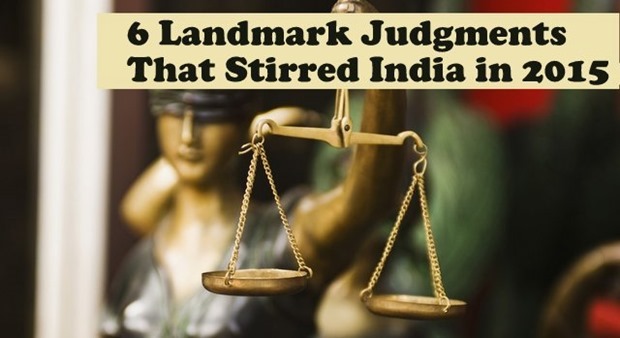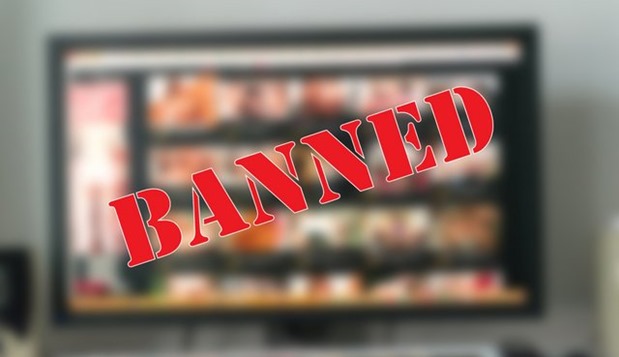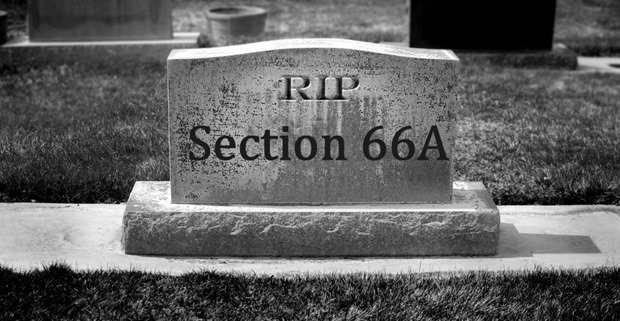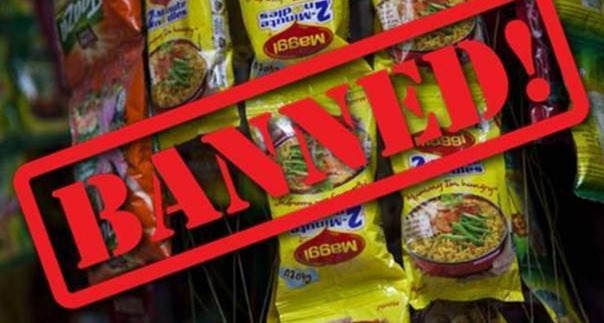Top 6 Landmark Judgments From Our Judiciary Which Stirred India in 2015

World’s largest democracy is India; and there are three pillars which constitute this democracy: Executive (comprising of President, PM and Cabinet Ministers); Legislative (comprising Lok Sabha and Rajya Sabha) and Judiciary, which comprises of Supreme Court and all High Courts, District courts whose aim is to provide legal solution to our citizens.
However, as of 2013, there exists more than 3 crore pending cases which are stuck at different levels of our judiciary system. Due to lack of judges, or lack of effort, our judiciary system is like a clogged drain within the eco-system of our judiciary.
Sometimes though, our judiciary acts swiftly, and provides judgments which are considered as landmark in our history. Herein we will present before you top 6 landmark judgments which can actually have far reaching consequences – both positively and negatively.
Contents
Porn Ban: Talibanization of Internet

Kamlesh Vaswani, an advocate at Indore High Court with 15 years of experience somehow made a relation between porn and rape incidents; and thus filed a PIL which soon became one of the most talked about legal stories of 2015.
His PIL was filed in 2013, which prompted the present Government to put a blanket ban on 850+ porn sites in August this year. Interestingly, this porn ban, which was hailed as ‘Talibanization of Internet’ was announced only week after Supreme Court termed that banning porn was violation of Article 21 of Indian Constitution, which is Right to Personal Liberty.
Within 2 days, this ban was partially lifted, as the ISPs were asked to make sure that access to child porn be restricted; something which we approve of.
Victory for Free Speech: RIP Section 66A

In 2012, two Mumbai girls were arrested after they posted something on Facebook which Shiv Sena didn’t like. In 2013, Air India employees were arrested because they shared some jokes online, regarding Indian politicians.
Slowly, a situation was arising wherein anything posted online attracted negative attention from politicians and Government, and arrests were made as if gruesome crime had been committed.
All these arrests were made under Section 66A of IT Act; and on March 23, 2015, a major coup was achieved when Supreme Court termed Section 66A as ‘unconstitutional’ and said, ..”what is grossly offensive to you, may not be grossly offensive to me and it is a vague term..”
This was one the major victories of Free Speech in India and one of the biggest landmark judgments of Independent India.
Yakub Menon Execution: Unprecedented In Indian History
Yakub Menon, a prime suspect of 1993 Bombay Blasts was arrested on 28th July, 1994 at New Delhi railway station. But due to various legal bottlenecks and political pressure, his punishment kept on delaying. In 2007, Justice P. D. Kode, in a Terrorist and Disruptive Activities (Prevention) Act (TADA) court found Yakub guilty of 4 serious offenses, the punishment of which included death penalty.
He filed several Mercy Pleas to President of India, Governor of Maharastra and the legal bottlenecks kept him alive.
In an unprecedented move never witnessed in the history of India, Supreme Court held an emergency session at 3 AM on July 30th, 2015; wherein Yakub was told that he will be executed in next few hours. Without the media being informed, Yakub was hanged at 6.35 AM in Nagpur.
No Illiterate Can Fight Elections In Haryana
In a landmark judgment, a court in Haryana rule that no illiterate person can fight panchayat elections in Harayana, stating that the uneducated are choosing ‘dark ages’ in the state. After being opposed, Supreme Court upheld this decision on December 10, 2015, as they said that minimum qualification for a male candidate has to be class 10th pass while a women candidate needs to be atleast class 8th pass for contesting a panchayat elections.
We hope that this landmark decision is carried forward to electing MPs and MLAs as well. How can we even think of being governed by someone who doesn’t even know how to read and write?
Maggi Banned

140 year old Maggi brand held 90% share in instant noodles niche in India; but this suddenly became 0% in June, 2015, when FDA banned the sales of Maggi inside India. The reason was that Food Safety Regulators from Barabanki, Uttar Pradesh, India found ‘unexpectedly high levels of monosodium glutamate, as well as up to 17 times the permissible limit of lead’ in some of its samples.
Soon, Maggi was banned across India, by various states as a precautionary measure citing health issues. Considering that Nestle, manufacturer of Maggi had tones of unsold inventory, this decision proved very expensive for the company. In their 17 year old history in India, Maggi suffered their first quarterly loss; as a total of Rs 300 crore was estimated loss for the company.
In August, 2015, Bombay High court stuck down the ban on Maggi, and allowed its entry into the Indian market. Last month, it made a smashing comeback via Snapdeal.
Salman Khan Acquitted
The soul of Nurullah Ansari, the unfortunate man crushed to death as on September 28th, 2002 in Mumbai by a speeding Land Rover driven in a hit-and-run case, must be restless on hearing the verdict of this case. On December 10, 2015, Justice AR Joshi at Bombay High Court acquitted Salman Khan of all charges, as he announced the verdict: “The appeal filed by Salman Salim Khan is allowed. He is acquitted of all charges against him. His conviction and sentence stand quashed,”
It seems everyone in the country knew who was driving that Land Rover, except Bombay High court.
Supporters of legal equality came out strongly against this judgment, and hearing their pleas, Maharashtra Government has decided to appeal against this judgment at Supreme Court.
What is your list of top legal landmark judgments of 2015? Do share by commenting right here.
Header Image: Shutterstock.com

[…] judgments which are considered as landmark in our history. Herein we will present before you top 6 landmark judgments of 2015 which can actually have far reaching consequences – both positively and […]